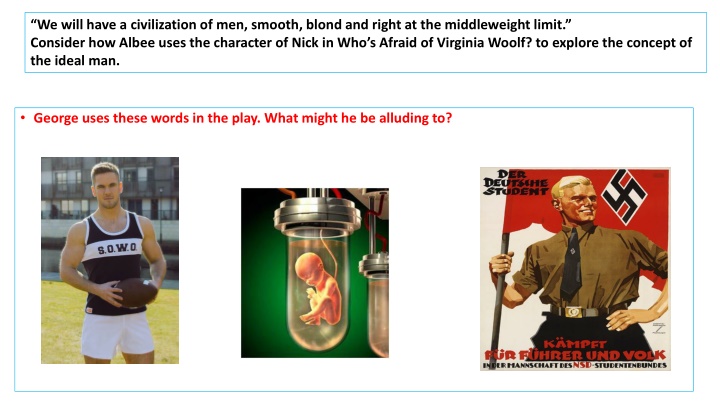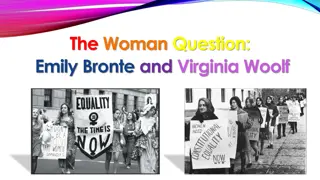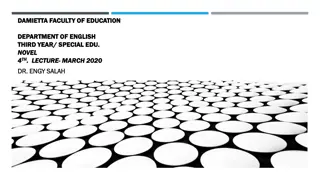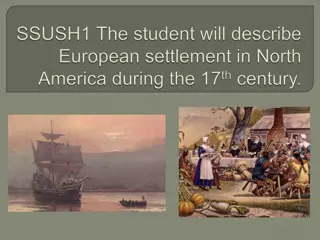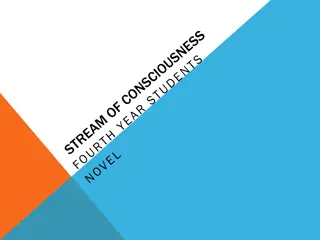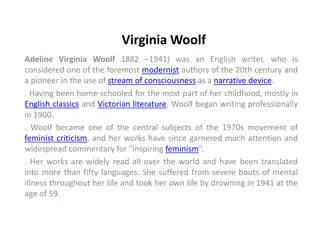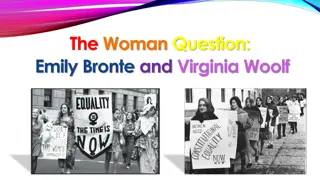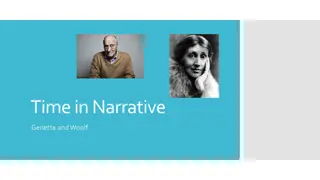Exploring the Ideal Man in "Who's Afraid of Virginia Woolf?" through Nick's Character
Albee delves into the concept of the ideal man through Nick in "Who's Afraid of Virginia Woolf?," contrasting him with George to highlight societal perceptions of masculinity, success, and physical attractiveness. Nick's portrayal as a commanding, athletic, and attractive figure reflects the cultural norms of the time, showcasing the tension between traditional and modern ideals of manhood in the 1960s.
Download Presentation

Please find below an Image/Link to download the presentation.
The content on the website is provided AS IS for your information and personal use only. It may not be sold, licensed, or shared on other websites without obtaining consent from the author.If you encounter any issues during the download, it is possible that the publisher has removed the file from their server.
You are allowed to download the files provided on this website for personal or commercial use, subject to the condition that they are used lawfully. All files are the property of their respective owners.
The content on the website is provided AS IS for your information and personal use only. It may not be sold, licensed, or shared on other websites without obtaining consent from the author.
E N D
Presentation Transcript
We will have a civilization of men, smooth, blond and right at the middleweight limit. Consider how Albee uses the character of Nick in Who s Afraid of Virginia Woolf? to explore the concept of the ideal man. George uses these words in the play. What might he be alluding to?
We will have a civilization of men, smooth, blond and right at the middleweight limit. Consider how Albee uses the character of Nick in Who s Afraid of Virginia Woolf? to explore the concept of the ideal man. The ideal man in 1962 would have manly attributes such as a commanding nature, athletic ability, good looks and the ability to control his emotions. He will be a provider for his family the Alpha Male figure. Nick is the ideal man and is thus everything George cannot be. Instantly, he is commanding: I told you we shouldn t have come. ; he is also stoic he dryly responds I am aware of that when Honey tells him he s being joshed. Most of all, Nick is far more attractive and athletic than old, pudgy George, described often as about thirty, blond, and good- looking and once as quarterback. He was even a middleweight boxing champion . Martha tells George he is a blank, you re a cipher a zero because of his lack of manly attributes. She berates him for sulking early on: are you sulking? Is that what you re doing? Men should not sulk; they must be stoic. Years prior, George refused to box his taunting father- in-law and was made to feel like less of a man because of it.
Character description blond, well- put-together, good looking How is Nick presented? Reveals he married Honey because he thought she was pregnant. Suggestion made that her rich background was a factor. Nick is a new professor at the college, in the Biology department. Only twenty-eight years old, he is already highly accomplished he earned his Master s degree at the age of nineteen, and was a boxing champion in college. Young and ambitious, he provides a contrast to George, who is old and apparently unambitious. Represents the new world v George s old world. Nick and George are representative figures. Nick is a Scientist, George an arts man in 1962, the division between these two cultures was emphasised. The fact that ultimately George wins, could tell us where the values of the play and possibly Albee s are found. He is a pragmatist (married Honey) and an opportunist (prepared to sleep with Martha). Nick s genetic project that aims for the perfection of the human species, a clear reference to 1962 s quiet, forced demand to conform to the images of the ideal woman and man. He s no match for George s verbal wit. George is threatened by his youth and success. Veneer slips marriage not so perfect. No children.
To George, Nick represents the "new wave of the future." It is significant that he is teaching biology for two reasons. First, as a biologist, he becomes a representative of the scientists who experiment with chromosomes, genes, and by extension, our future. George accuses him of trying to readjust our "chromozones." Nick is the perfect foil for George because they represent the opposite extremes in scholarship George, history, the past, and Nick, biology, the future. Second, it is emphasized that Nick is in good physical condition. This, coupled with Nick's field, concerned as it is with the physical, symbolizes his role in the play and Martha's physical attraction to him. She certainly does not invite him over because of his mental attributes. Nick is best characterized by his ambitions. While he might be genuinely fond of his wife (he and Honey had known each other since childhood and were expected to marry), he did marry her partly because of her money, which would abet his ambitions. Nick's ambition is attested to by the fact that he even bothers to come to George and Martha's after-the-party party. As Martha points out later, Nick is fully aware that Martha is the daughter of the president of the university, and he certainly did not chase her around the kitchen because of mad passionate desire. Nick is, therefore, trapped by the events of the evening. He wants to please, but he finds it awkward to stay and watch two middle-aged people verbally cutting each other to pieces. He also wants to please (or satisfy) Martha sexually, but in agreeing to drink with the two of them, he has unwittingly rendered himself sexually impotent. Nick is blind to the fact that his wife is frightened to have children. Basically, he treats her as a child. He is constantly concerned about the nature of George's language in front of Honey (ironically, he doesn't make any protestations about Martha's equally strong language). And whereas he will openly flirt with Martha and dance sensually with her, he is offended if George makes even the slightest reference to Honey's sexuality. Nick, while slow in recognizing George and Martha's child as being a product of the imagination, does finally realize their plight, and, as a result, is horrified by the realization. He does not possess the perception to understand why George and Martha have created the child; instead, he is totally perplexed by the revelation. Ultimately, Nick, then is seen as a male conformist who is caught up in a non-conformist atmosphere (George and Martha's house and party) where even his physical attributes fail him and thus, he finds himself in an inferior position with which he cannot cope.
History v Science Act 1 (p.15 22) Sexual Tension Cold Act 1 (p.27 46) hearted/ambition Act 2 (p.47 - 62) Self - interested Act 2 (p. 78 92) Degrades himself Act 3 (p. 104 -110) Unlikely to change Act 3 (126 128)
